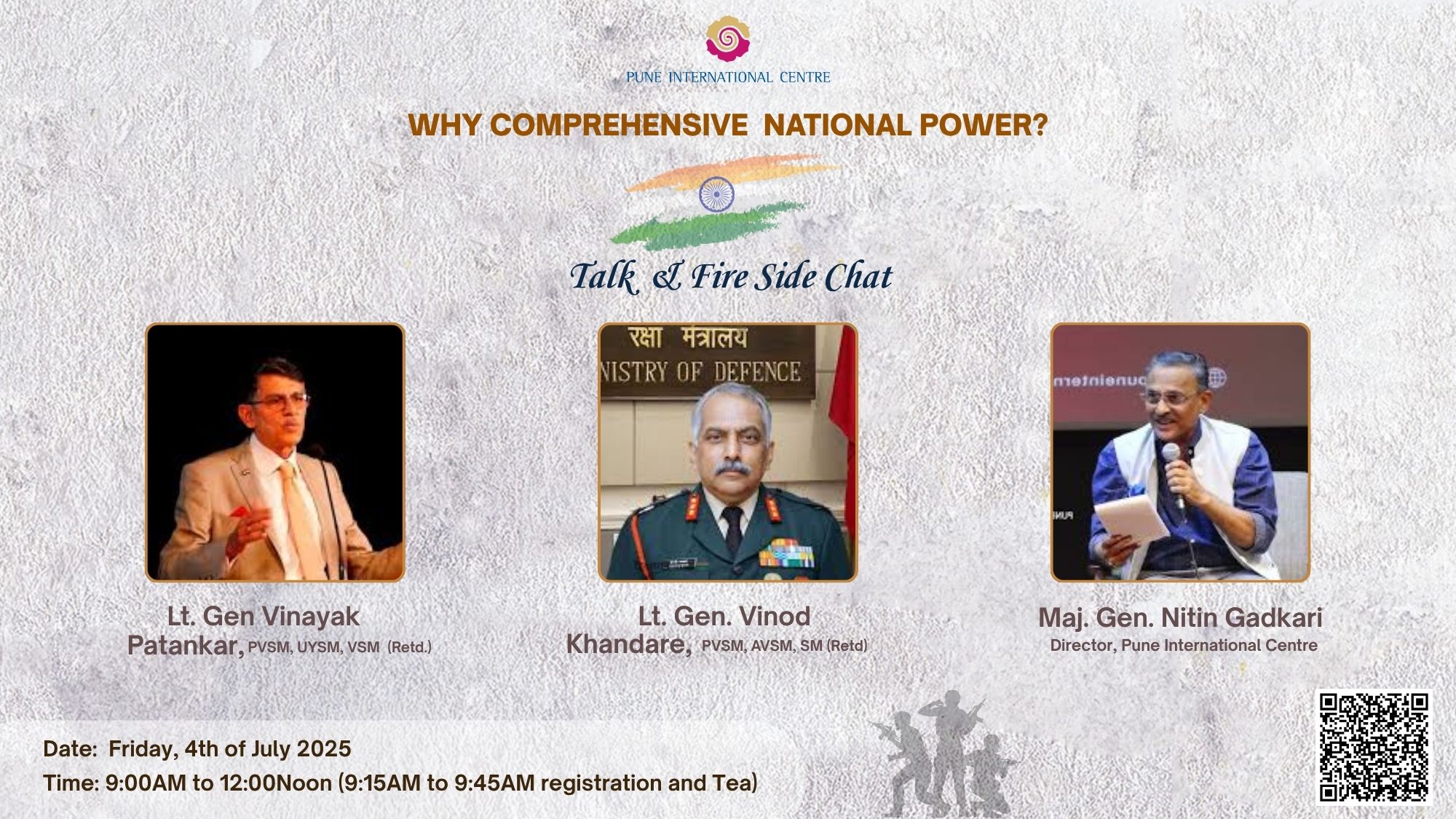On 16th February, Dr. Milan Vaishnav’s book When Crime Pays: Money & Muscle in Indian Politics was launched at Yashada, Pune and the programme was chaired by eminent professor and political commentator Dr. Suhas Palshikar.
Dr. Vaishnav began by giving the audience a flavor of the book. Displaying a map of India broken into its 543 parliamentary constituencies, he revealed that roughly one-third of MPs face at least one on-going case and one-fifth are named in a serious case such as extortion or murder. Narrating the case of Pappu Yadav, a politician from Bihar with a significant criminal history and considerable time spent behind bars, he then explained the dynamics of voting as a process and the psyche of the voters.
Dr. Vaishnav mentioned that the book is about understanding a central paradox – how can the nexus between crime and politics survive and indeed, thrive, in a democracy? “Politics functions a bit like the market, in that there is a supply and a demand”, he said. The research for the book was conducted by triangulating data from the 70,000 affidavits submitted by MLA and MP candidates from 2003 to 2014, the qualitative field work and the surveys.
Throwing light on the motivations of parties behind absorbing such criminals, he mentioned that money has a large role to play in it. As the costs of elections have exploded, parties have started favoring self-financing candidates. Criminal candidates have deep pockets and are hence capable of covering their own campaign costs, making them a very lucrative choice for parties. They also have access to resources and the incentives to deploy them.
In certain contexts in India, criminality actually signals the ability to ‘get things done’. Statistically speaking, a candidate with one case against him/her has a 22% chance of winning, as compared to the 7% chance of a candidate with no case. The public attaches much credibility to criminality as they feel the criminals can protect their interests through redistribution of benefits, coercion of law and order, enforcement of social insurance and quick dispute resolution. Dr. Vaishnav emphasised that voters should not be underestimated and transparency is hence of paramount importance.
In his concluding remarks, Prof. Palshikar spoke of the difference between the politics of 1980s and the politics of current times – earlier politicians used to take help from criminals and now criminals themselves have become politicians. He highlighted the role of money in politics by talking about the transformation of party workers to paid campaign workers and stated that democracy is ‘messy’ in its very essence and India is not the only democracy to portray that quality.




